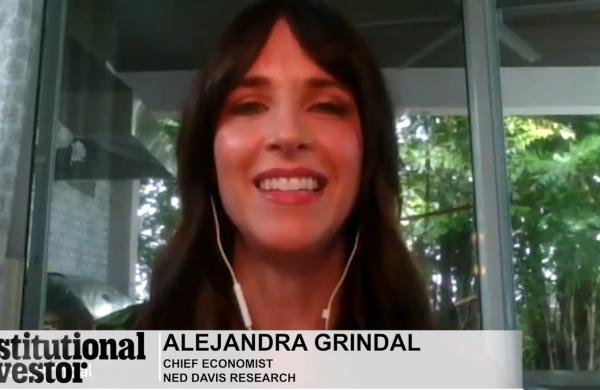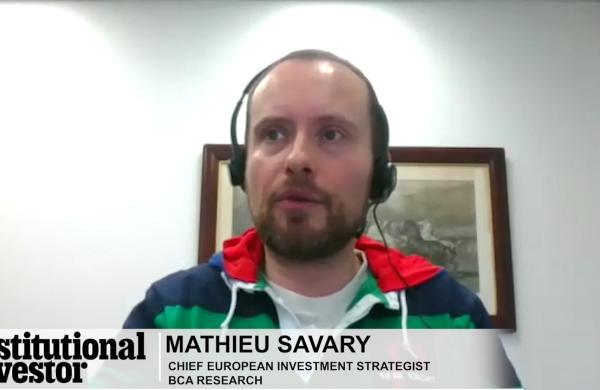Sooner or later we will run out of people and institutions to blame for the collapse of the stock market. Until then it appears that a long list of bubble-inflating suspects will simply have to take their turn in the dock.
Right now the hot seat belongs to members of the accounting profession, who are getting a well-deserved roasting for their lapses at one company after another. It's not fair, of course, to blame the folks in green eyeshades for the criminal misdeeds of their bosses or their clients; on the other hand, too many seem to have become complacent in their vigilance, if not complicit in their willingness to cut corners to boost revenues, earnings and hence stock prices.
Beyond the activities of rogue elements, however, it's worth asking whether the rules of accounting as practiced by U.S. companies still make sense. Long the cynosure of accountants worldwide, U.S. generally accepted accounting principles have come in for some scrutiny lately. In this issue Staff Writer Justin Dini takes an in-depth look at one man who is out to reform accounting practices globally and who may just have the power -- he certainly has the determination -- to do it.
A wryly cheerful Scot, Sir David Tweedie earned equal measures of praise and condemnation as the chief accounting rulemaker for the U.K. in the 1990s. Now, as head of the two-year-old International Accounting Standards Board, he wants to bring bookkeping rules around the world into conformity. That goal has wide support, but some of his specific proposals -- expensing stock options, doing away with the practice of "smoothing" in pension accounting and restricting the use of off-balance-sheet transactions -- have companies in the U.S. and Europe howling in protest. And no wonder, his reforms of stock option and pension accounting alone could cost the Standard & Poor's 500 companies 11 percent of earnings by one estimate. But Dini, who has covered pensions for Institutional Investor for the past two years, thinks the persistent and charming Tweedie has a good chance of achieving his ambition.
"Sir David has a way of making his reforms sound as if they make all the sense in the world," says Dini. "For a man in his position, that is a hugely important skill."
It might just be an important skill for all of us who value straightforwardness in financial reporting.





